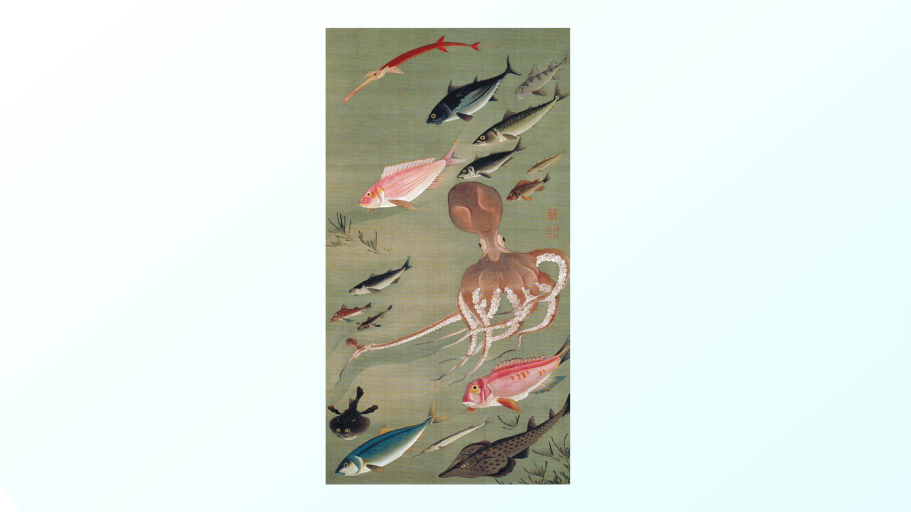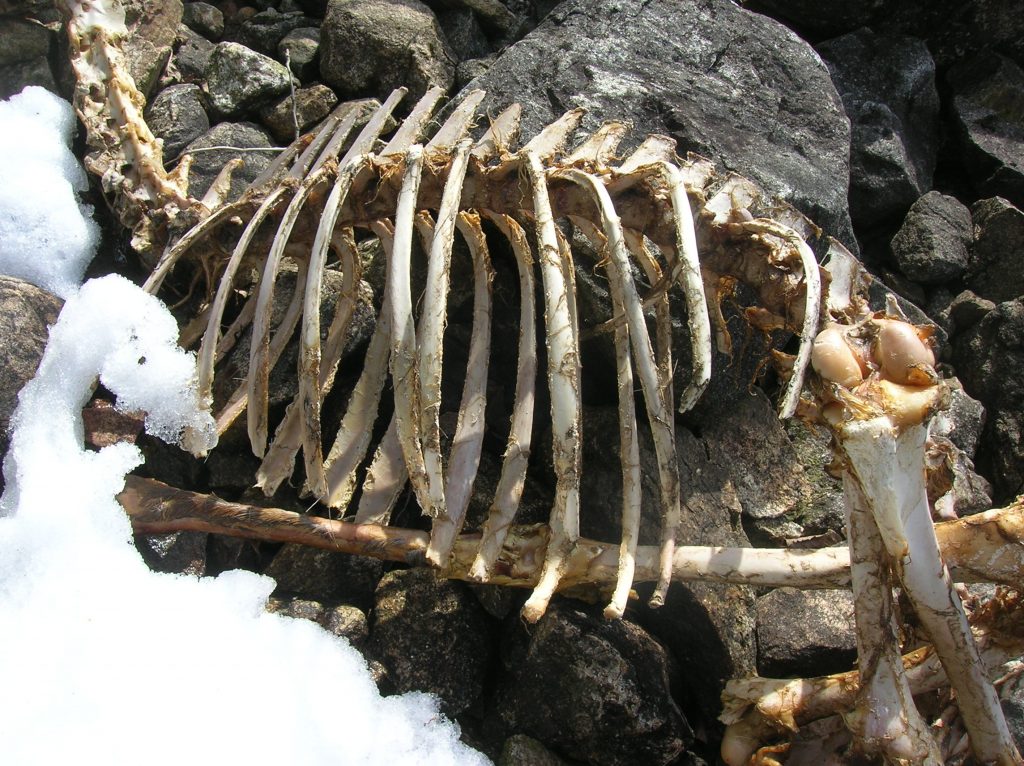Why I Chose It: Michigan Quarterly Review Assistant Editor Justin Balog introduces Jen Karetnick’s “I Commiserate With the Pygmy Octopus Found in the Miami Beach Parking Garage” from our Spring 2020 Issue.
In Jen Karetnick’s “I Commiserate With the Pygmy Octopus…” the speaker finds themselves face to face with an octopus washed ashore in a beach-side parking garage. The delicate balance of the speaker’s humorous yet grave understanding of this discovery allows for the poem’s namesake: commiseration; specifically, of course, about the threat that climate change not only poses to us, but to the other creatures with whom we share this world. The stakes are clear: with each passing moment, we are all the octopus slowly drying on the cement of a parking garage. However, what I find so successful in this poem is that the humor manifests itself as a plain indictment of the apathetic avoidance and disconnect that is so easily felt in a crisis such as climate change. Social media, a hotbed for virtuous, yet arguably passive, activism, is also to blame: “Twitter sends recipes, sarcasm.” The poem, then, for me, seems to ask, when might humor or sarcasm, as a form of escapism, go too far? To which the poem replies, when the consequence is “cling[ing] to cement like forgotten spaghetti” right at our feet. But humor and, subsequently, cynicism can evolve into optimism – the canary in the coal mine can die or it can live. Our “hopes” may have been forgotten or stranded, but this means they have the ability to be found. What action will we take when we stumble back upon them?
I Commiserate With the Pygmy Octopus Found in the Miami Beach Parking Garage
First time? I get it. In this place, it’s inevitable to cling to cement like forgotten spaghetti in the bottom of the pot. Bottom dwellers, holders of the smallest hopes, we have so much in common. Always it’s a rude awakening to find yourself flush on the floor under the neon glare of a super beaver moon, the surging sea a near distance, that uterine shed of toxic algae, the sick-room stink sweeping in long before the scarlet-feathered dawn, pushing you into a place you never thought you’d go. All three of your hearts were born to know what dying is, but this is different: only air beats through your gills to replace their copper charges. Canary in the coal mine of climate change, marine biologists call you. Expect more sea creatures in dry spaces. Twitter sends recipes, sarcasm. This is from the city that brought the world a shark on the Metrorail. Is it running for mayor? Harbinger or hoax, but alive when security scoops you into a bucket of salt water and deposits you home—the question is not how long can you survive out of the ocean, but why should we have to see your blood to know how much bluer it runs?
Image: By Itō Jakuchū – Impressions, Number 34, 2013, Public Domain.



